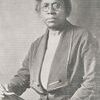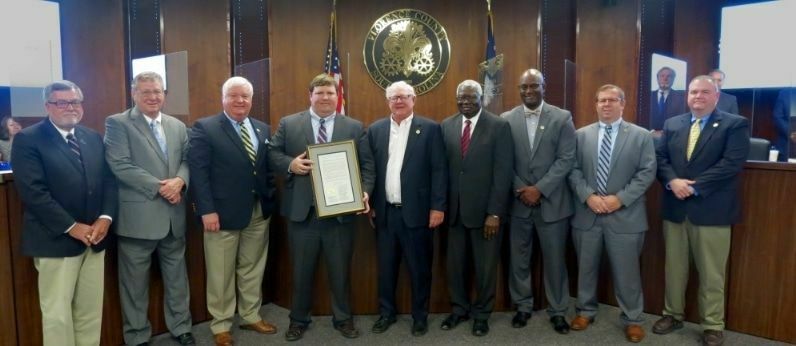Why Are Small Businesses Being Left Out of The American Rescue Plan’s Funds in Florence and Surrounding Counties?
While other cities and counties are using Covid-19 funding to support small businesses, Florence and other surrounding counties have decided to spend little or no money to support the many small businesses that have been the foundation on which these communities stand. They are using the American Rescue Plan’s funds to address other needs and wants while local small businesses fight to keep their doors open.
After looking at the ARPA funding plan for the city of Florence, it’s hard to understand how a city led by an African American mayor and three African American city councilpersons could not see the need to support small businesses during the pandemic. It’s also hard to see how the Florence County Council, which serves a population that has a poverty rate of 19.1%, doesn’t see fit to invest some of it’s ARPA funding in small businesses. Is the slogan “Small Business is the life blood of our community” just that?
I got a call last week from an African American female business owner who was trying to fill out her PPP loan forgiveness form because too few people are shopping locally at the moment. She shared with me that the only reason that she hadn’t closed her doors is that she has too much inventory. But she isn’t alone. Drive into downtown Florence or around the county and you’ll see empty stores where small businesses run by families used to thrive. Then ask yourself what programs our local cities and counties are putting in place to address small business concerns?
Programs like the one in Georgetown, South Carolina, with the support of the Gullah Geechee Chamber of Commerce under the leadership of CEO Marilyn Hemmingway, have allowed the city to provide ARPA funding to small businesses. In Richland County, up to $15,000 in grants have been provided to some local small businesses. Again, I ask where is the funding for local small businesses in Florence, the county, and for that matter the surrounding communities? After all, the American Rescue Plan has recommended guiding principles for assistance to small businesses and households hardest hit by the pandemic. But no funds have been set aside in the county to support small business needs or concerns, such as $250,000 for various non-profit agencies the need rent and utility assistance.
And the spending of the 7.9 million dollars in ARPA funding was done without public input. In fact, the city of Florence accepted staff suggestions on the use of the funding during open session, and they believed that there’s no requirement to have a public hearing on where funds should go. But requirement or not, shouldn’t the interests of all Florence citizens be prioritized over what some will see as the pet projects of city department heads? It’s important that city and county leaders understand that the millions of dollars in ARPA funding is a short-term solution, because without businesses and their tax base there will be less funding for education, roads, public safety, and other infrastructural needs in the future. Which will lead to budget cuts and layoffs of city and county staff. So it’s shortsighted to use money that should be used to help keep small businesses open for, say, a new athletic complex and other projects that should come out of general city funds.
Florence and its county have a unique opportunity to assist small businesses in this time of great need with funds that shouldn’t be wasted on pet projects. Where are the voices that speak for small businesses on all of these councils? I have asked city council members Pat Gibson Hye Moore, Chaquez McCall, and Mayor Teresa Myers Ervin to share the reasons that they didn’t vote to support small businesses during the pandemic, but at press time I have yet to receive a response. So, to help our readers understand how the ARPA funding is being spent in the city of Florence I have included the budget plan for the city below:
The funding has been designated as follows:
1. Respond to the COVID-19 public health emergency
a. $250,000 to various non-profit agencies to fund rent and utility assistance
2. Offset revenue losses
a. $3,040,901 to offset revenue losses incurred by the General Fund as a result of COVID-19, to be used as follows:
I. $1,200,000 to be deposited into fund balance in the City's General Fund, to be expended at the direction of City Council
II. $250,000 for neighborhood revitalization programs
III. $680,000 for the construction of fields 5 and 6 at the new athletic complex
IV. $350,000 for a new cherry-picker to assist with yard waste removal
V. $300,000 for a new sanitation truck
VI. $260,901 for premium pay for other employees who worked during the COVID-19 pandemic
3. Bolster economic recovery
a. $3,000,000 to be used for various water and sewer projects
b. $1,000,000 to be used to enhance broadband access for underserved areas
4. Premium pay for essential workers
a. $652,250 for premium pay for employees who interacted directly with the public during the COVID-19 pandemic
Please support The Community Times by subscribing today!
You may also like:







